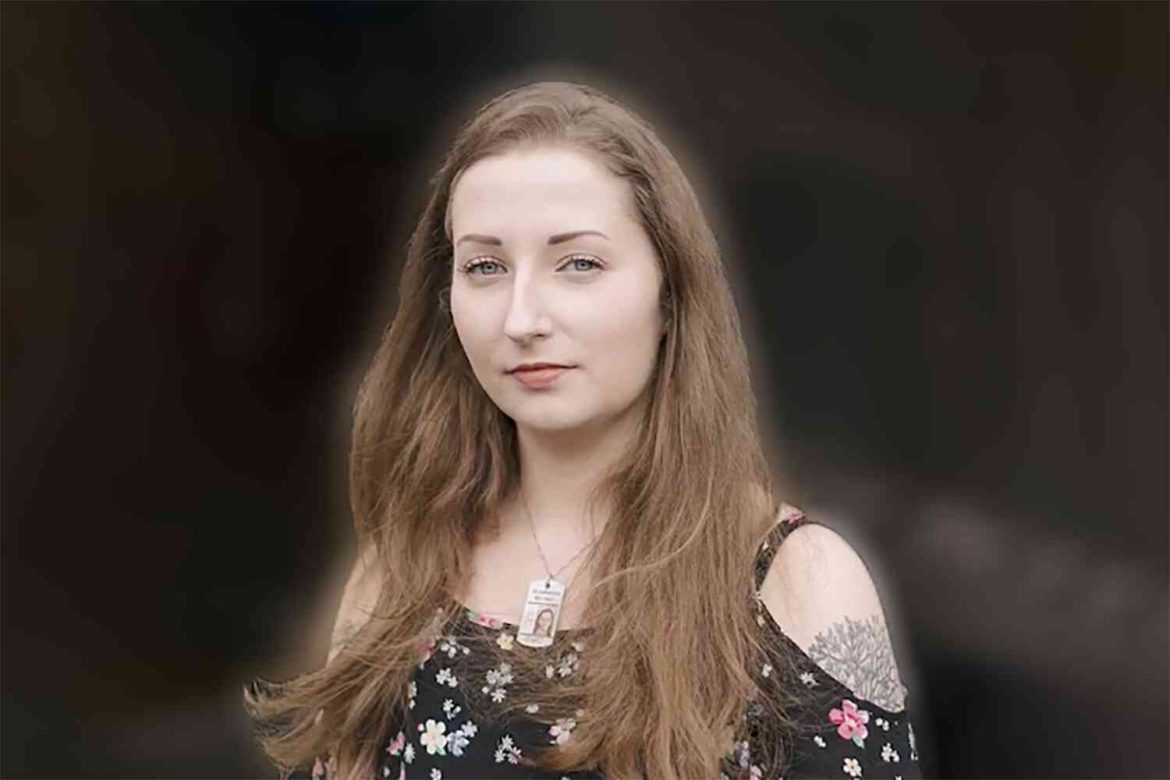In the serene landscapes of the Netherlands, a story unfolds that challenges the very essence of life, liberty, and the pursuit of happiness. At its core is Zoraya ter Beek, a 28-year-old Dutch woman facing a conundrum that intertwines her deepest sorrows with the nation’s most controversial laws.
The Decision That Echoes Beyond Borders
Zoraya’s decision to end her life under the Netherlands’ euthanasia law has stirred a pot of ethical, medical, and social questions. Suffering from depression, autism, and borderline personality disorder, she found herself at a crossroads, exhausted by the endless battle against her demons. Despite the love and a semblance of a stable life with her boyfriend and their two cats, Zoraya’s longing for relief led her to choose euthanasia—a choice facilitated by her country’s laws.
The Path to Euthanasia
In the quiet town near the German border, Zoraya once dreamed of becoming a psychiatrist. However, her mental health struggles derailed those aspirations. After exhausting all available treatments, her psychiatrist concluded that there was no more hope for improvement. This acknowledgment pushed Zoraya towards the decision to end her life in the comfort of her living room, with a process involving a sedative followed by a lethal drug.
A Country’s Controversial Compassion
The Dutch approach to euthanasia is a testament to the nation’s progressive stance on personal freedom and end-of-life care. Following Zoraya’s death, a euthanasia review committee will scrutinize the process to ensure compliance with the country’s strict “due care criteria.” This meticulous review underscores the Netherlands’ attempt to balance ethical considerations with the autonomy of the individual.
A Reflection of Society’s Struggle
Zoraya’s story is a mirror reflecting the complex dynamics of modern society’s approach to mental illness, the value of life, and the concept of dignified death. It raises questions about the role of healthcare providers in supporting individuals with chronic mental health conditions and the societal pressures that may lead to viewing euthanasia as a viable solution.
The Tattoo of Transcendence
Adorning Zoraya’s arm is a tattoo depicting a “tree of life” in reverse—symbolizing not growth and renewal, but decay and departure. This poignant emblem serves as a stark reminder of her struggle and her desire for liberation from a life of pain.
Voices of Concern
Experts and ethicists express concern over the increasing normalization of euthanasia for psychiatric conditions, fearing a slippery slope where euthanasia becomes an easy way out rather than a last resort. Healthcare ethicist Stef Groenewoud and ethics professor Theo Boer voice their worries about a society quick to embrace euthanasia, potentially neglecting the profound need for comprehensive mental health care.
A Statistical Perspective
The rise in euthanasia cases in the Netherlands, with over 8,720 recorded in 2022, highlights a significant trend. This figure represents more than 5% of all deaths in the country for that year, raising alarms about the growing reliance on euthanasia as a solution to healthcare challenges.
The Personal Amidst the Political
At the heart of this debate is Zoraya’s deeply personal journey. Opting not to have a funeral, she plans for her ashes to be scattered in a cherished spot in the woods, shared with her boyfriend. Her fears and uncertainties about death resonate with the universal human condition, pondering what lies beyond life.
Navigating the Unknown
Zoraya ter Beek’s story is a testament to the complexity of human suffering, the ethical dilemmas surrounding euthanasia, and the societal implications of such laws. As the world watches, her decision invites reflection on the value we place on life, the compassion we extend to those in pain, and the laws that govern our final choices.
This narrative, set against the backdrop of Dutch progressive policies, serves as a poignant discussion point for countries grappling with similar ethical dilemmas, pushing the boundaries of our understanding of life, death, and the liberty to choose one’s fate.

